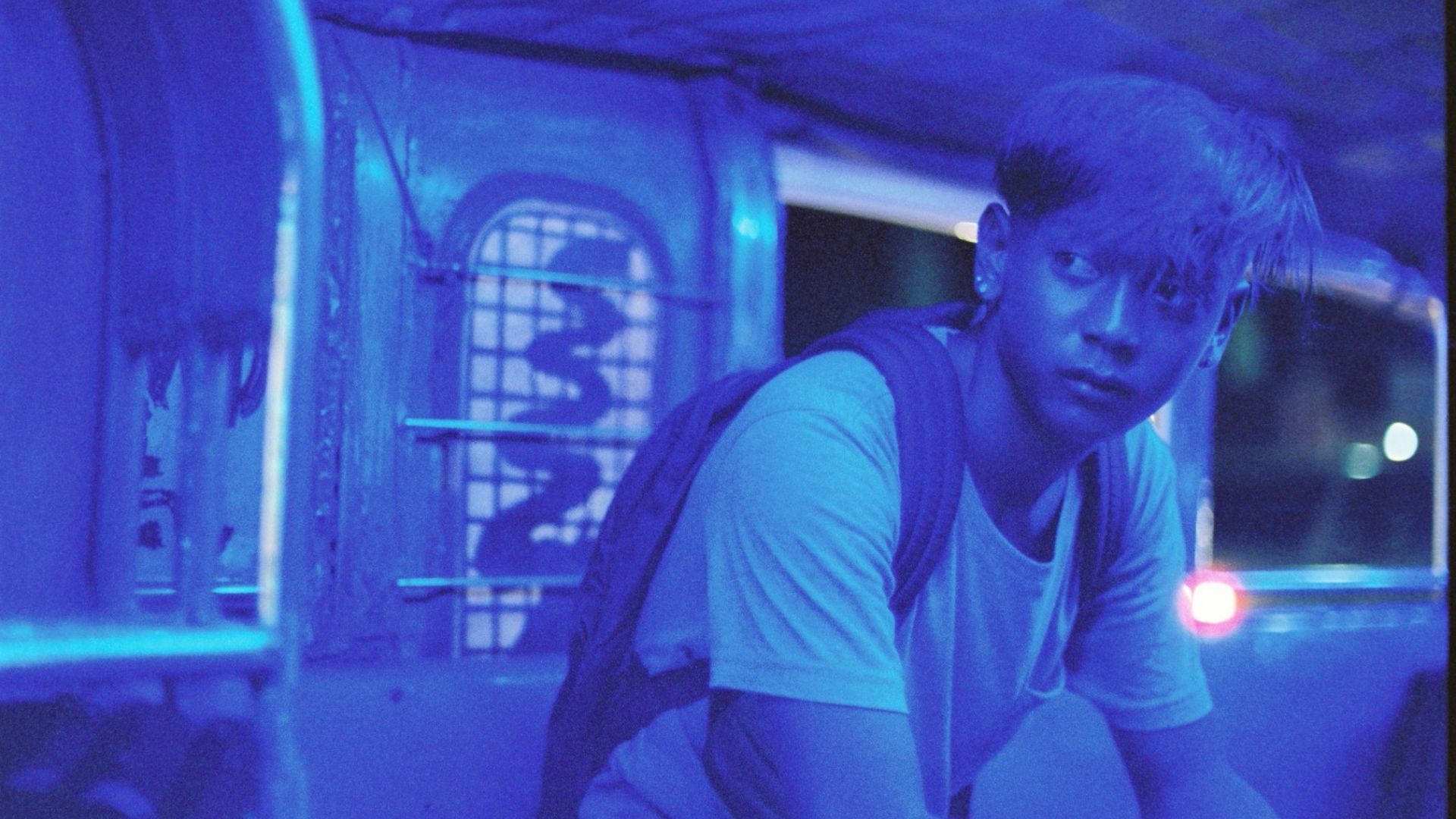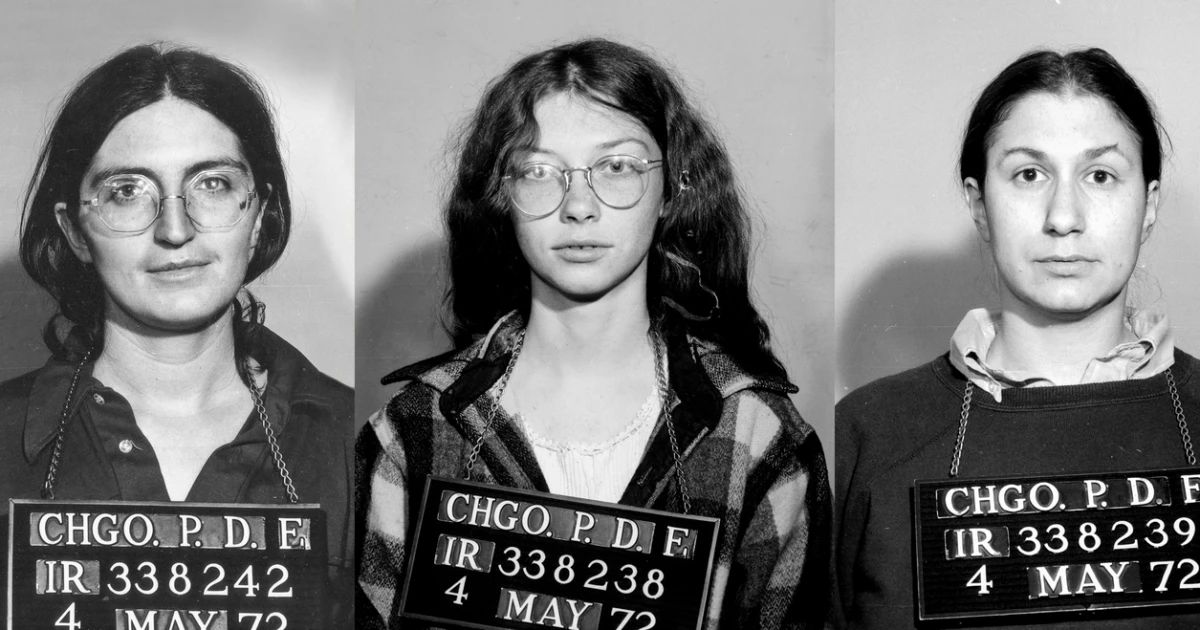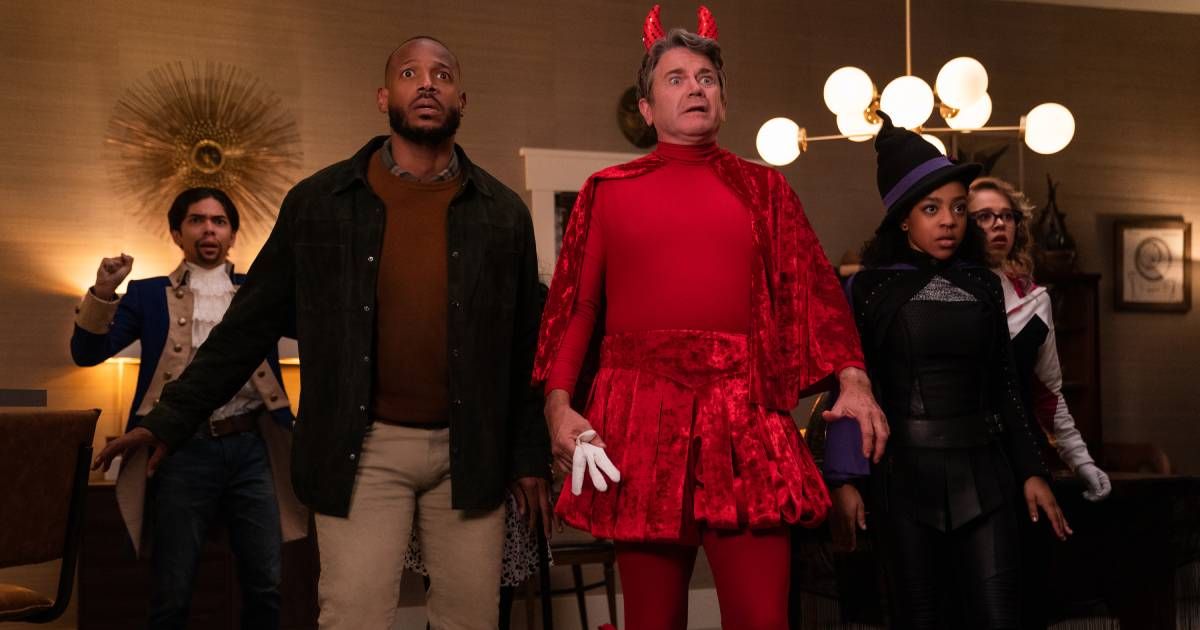Once, in the United States, it was fairly easy for women to get abortions. Some may say it was a common occurrence in colonial America for those who could access it, but by the mid-1800s, it became illegal in almost every state. What ensued in the decades after the criminalization of abortion would be a long, arduous fight between those who thought it was their right to have an abortion and those who saw it as a threat to their religious beliefs. Protestors in the 1960s began a domino effect, and, in 1973, the monumental Supreme Court case Roe v. Wade declared that states could not completely ban access to abortions.
For those who fought for access to become available, it felt like a moment to breathe, but others saw this as the beginning of a different kind of fight: to take down the precedent set by the court. In an exclusive for Politico, on May 2, 2022, it was revealed that the Supreme Court was planning to overturn Roe v. Wade, a historic landmark case in the fight for women’s reproductive rights. This leak was the first of its kind in the court’s contemporary history, making it a source of heartbreak and protest for some Americans, while others were relieved. While what may happen with Roe v. Wade and the Supreme Court may be up in the air, many are looking to the past to learn from those who alive and fighting before abortion was fully legal. It is timely that HBO’s streaming platform, HBO Max, releases its newest documentary The Janes, which tracks and documents the struggles women in Chicago faced to get an abortion before news of Roe v. Wade graced newsstands and televisions all across America.
MOVIEWEB VIDEO OF THE DAY
Related: Best Social Justice Documentaries On Netflix, Ranked
Women Support Each Other in Dire Times
HBO Documentary Films
This documentary first debuted at Sundance Film Festival, then took home an award at the Cleveland Film Festival. It is spearheaded by co-directors Tia Lessin (Trouble the Water, Citizen Koch) and Emma Pildes (Jane Fonda in Five Acts, Spielberg), and both directors have worked with social justice and gender issues in their previous filmographies. Despite what seems to be perfect timing, this documentary has a lot to say outside of the current situation.
As the generation that remembers a time before Roe v. Wade slowly begins to fade away in the tides of history, The Janes plummets back into firsthand accounts about what it was like being a Jane in Chicago during the 1960s. During the late sixties, one of the few options at the time was to turn to the mob to get an abortion, which could potentially cost thousands of dollars. “I was desperate,” one woman said in the opening scene of the documentary. Without any options in Illinois, or even in the United States generally, women were forced to turn to potentially shady methods to get an abortion.
Then emerged the Janes in Chicago. Advertisements around the city popped up about calling a number and looking for Jane, who would then help you find a reliable, low-cost service for an abortion. The women who would become Jane put themselves under extreme risk to help their patients, as the Chicago Mafia and Chicago Police Department were actively looking for those aiding the process. If caught, they would be sentenced and go to jail for breaking the law. “I could care less,” one Jane mentioned, while another says, “It wouldn’t make any difference [until I was arrested]. I would be fine.” The threat of danger, ripe with masculinity in the police force and mafia, is always there. Although they operated for five years, the Janes would not be caught for their activities until right before Roe v. Wade, in 1972. The reason they were caught? A cop’s sister-in-law was trying to get an abortion.
The same woman in the opening scene, when contacting the mob, was presented with three price options. Unable to afford one of the more expensive packages, she was left bleeding in a hotel room with another woman who also could not afford a different package. She admits she could have died if she was not capable of getting up and leaving the hotel room with the stranger. Later on in the documentary, as she describes a second abortion done through the Janes, she becomes teary-eyed. In a medical system dominated and run by men, the Janes managed to create something that felt safe for their patients, a kindness stemming from the fact that they, too, once were in that seat and understood their pain.
Related: The Golden Girls: Why We Need Shows That Celebrate Women Navigating Life at 50+
A Generation Growing Up With Resistance
HBO Documentary Films
One of the most interesting aspects of the documentary is when the viewer looks at the demographics of the Janes: the majority were white women coming from privileged socioeconomic backgrounds. The women they served did not make up the same demographic as them; Latina and Black women were mainly seeking abortions in Chicago. Even today, the core group of women seeking out abortions is increasingly those who come from poverty, which skewers towards women of color. When New York and other states legalized abortion in the early 1970s, wealthy white women could travel there for an abortion, leaving behind those who were struggling the most.
While the filmmakers dance around the fact that many of the Janes were educated white women serving BIPOC communities, something that helped them get away with what they were doing right under the law’s watchful eye, images from the Civil Rights Movement are juxtaposed against the late sixties narratives of the Janes. However, that is simply the backdrop of this documentary, and these women have faced a different kind of horror—although they were inspired by the Civil Rights Movement and the antiwar protests occurring during their youth. One Jane, who is Black, describes how she has a scar from a bottle being thrown at her during a protest.
In stunning detail, they describe graphic scenes of their own abortions, as well as the women they accompanied to their abortions, and what went into their underground operation. Whether it was code words or rotating which location or car they would use to pick up the women, the amount of thought and planning that went into their operations is astonishing. But, at the same time, the documentary subtly reminds the viewer that this is not ancient history. The women sitting in front of the camera are animated, showing bursts of humor as they describe certain incidents, and are still very much alive today.
Related: How Today’s Scariest Movies Use the Real-Life Traumas of Women
A Story That May Find Life Again
HBO Documentary Films
Through interviews with the women once known as Jane, it becomes clear how everyday people felt the call to action and helped others in need. In a post-Roe world, the groundwork and foundations they laid down in the 1960s are more critical than ever. With footage from the era and a lenient style that focuses solely on the women telling their stories in their voices, The Janes documents an era long gone and already forgotten. What these women did may not be explicitly written on social media posts and exhaustively outlined in history classrooms, but this documentary offers primary sources and evidence proving they existed and that what they did was real. They did not need to be anything more than a Jane Doe at the time—what they did mattered and made a difference in another’s life.
In a court of law, these stories would be classified as testimonies. It may or may not be in the viewer’s interest to decide whether they were right or wrong to do what they did, but the heart of this story scratches away social, racial, and economic barriers. These were women helping women, strangers, and risking their lives in the name of what they thought was right. As many of them openly tell their stories for the first time through this platform, suddenly faces are attached to names and events, allowing viewers the chance to humanize their struggles. It is also inspiring, as these women seized the opportunity to stand up for what they believed in and could have ruined their own lives by helping others.
While The Janes dwells largely in the past and collective memories of these women, it is a warning sign for what is to come. Almost sixty years later, the CDC reports that most women receiving abortions are low-income, Black, or Latina. While in 2022 access to female healthcare providers, as well as social media networks, may seem like a boon to the cause when compared to the not-so-distant past, it is undeniable that something like the Janes may have to happen again for the ordinary people who cannot afford to travel to California or New York. Suddenly history repeats itself, and those haunting lessons from the past are needed now more than ever.
The Janes is available to stream on HBO Max as of June 8, 2022.
You can view the original article HERE.






























